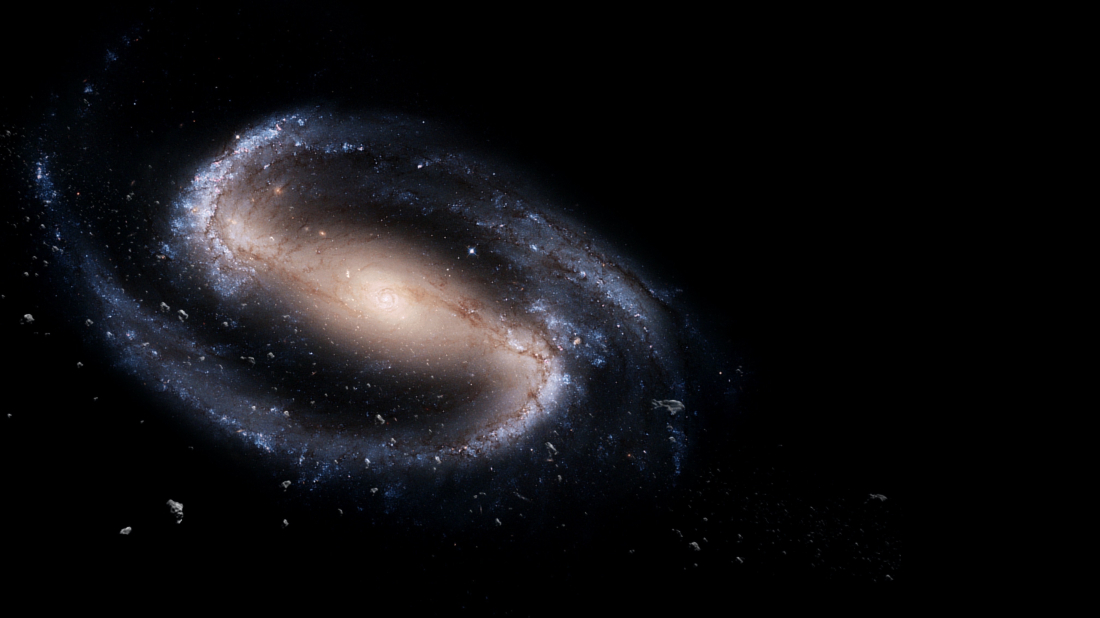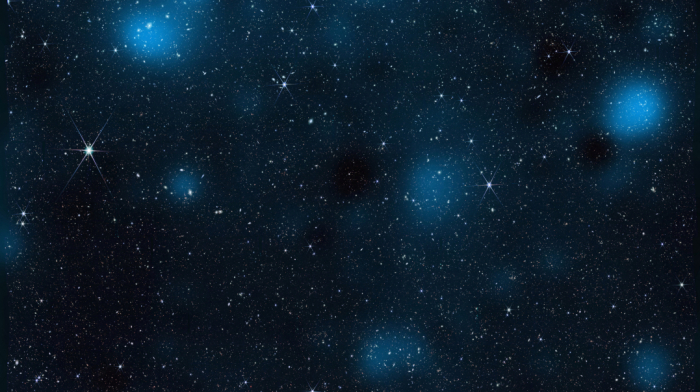Scientists understand a lot about the universe, from its age to the formation of galaxies. But two of the biggest mysteries—dark matter and dark energy—remain unsolved. These unknown forces shape the cosmos, yet their true nature is still a puzzle. (By: Paul M. Sutter)
📌 Dark Matter
An invisible substance making up most of the universe’s mass. Discovered in the 1970s, it doesn’t emit light but holds galaxies together.
⚠️ Dark Energy
A force causing the universe to expand at an accelerating rate. It accounts for nearly 70% of the cosmos.
Cosmology is the study of the universe—our entire cosmic home as a single physical object. Cosmologists seek to understand its origins, history, evolution, contents, and ultimate fate.
Modern cosmology began about a century ago when astronomer Edwin Hubble made two groundbreaking discoveries: that galaxies exist far beyond our own and that they are moving away from us. In other words, the universe is vast—and expanding.
At the heart of modern cosmology is the Big Bang theory, which states that our universe was once smaller, hotter, and denser than it is today. We have overwhelming evidence supporting this, but there are still mysteries we struggle to unravel.
Two Major Gaps in Our Understanding
One of the biggest unknowns is dark matter, detected in the 1970s. Scientists believe it’s made of an unknown type of particle, but its exact properties remain elusive. While dark matter doesn’t interact with light or normal matter, it makes up most of the mass in the universe.
The other major mystery is dark energy. In the late 1990s, astronomers discovered that the universe isn’t just expanding—it’s accelerating. We don’t know why, so we labeled this force dark energy.
Dark energy is the dominant factor, making up nearly 70% of the universe's total mass-energy, while dark matter and normal matter together account for about 33.8%.
What We Know and What We Don’t
We understand the big picture—the universe is 13.77 billion years old, and hydrogen atoms formed within minutes of the Big Bang. But the fundamental nature of dark matter and dark energy remains a mystery.
Scientists continue to measure these forces, hoping to uncover new insights. The latest results from the PANTHEON+ survey—which mapped around 1,500 supernovae—confirmed our estimates of dark matter and dark energy but didn’t reveal new surprises.
For now, the search continues.





















What is your opinion on this topic?
Leave the first comment